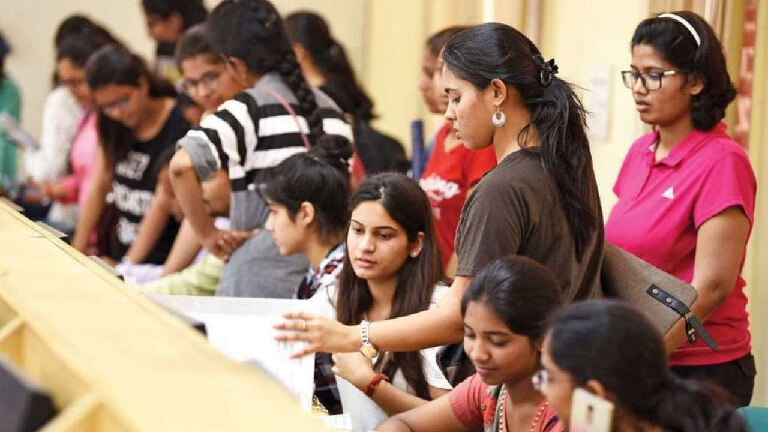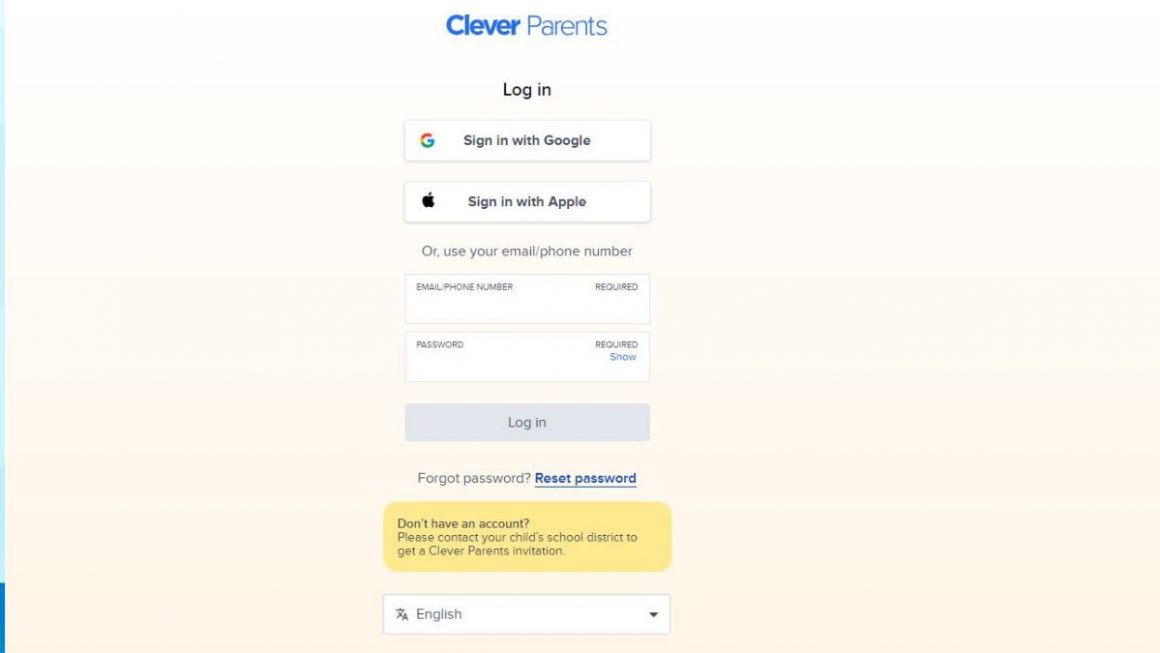NEET exam is an entrance exam conducted by NTA each year, which offers ~90000 seats in Medical and dental departments. This exam is formally known as AIPMT, which was conducted by CBSE. But then replaced NTA with NEET-UG. NEET exam has been conducted all over India, affiliated with Government and Private colleges since 2019. It is conducted in 13 languages and is a Pen and Paper type exam. The Qualifying rate would be around 56%.
There was a phase one exam conducted in May 2016, and the students who attended were made to retake the exam in July 2016 with no consideration of the phase 1 marks. 8 lakhs students have registered for the phase 2 exam and after that, there was an increase in the number of students who registered for the exam, which is above 15 lakhs in 2020. Private and Government college seats do check for NEET scores, before taking admission. Medical Council of India has announced that NEET is mandatory to study MBBS abroad.
Qualifications required:
Students who passed 10+2 with relevant subjects like Physics, Chemistry, Biology, and English as core subjects from recognized boards. The age should not be below 17 years as of 2021.
The upper age limit is still not confirmed by the NTA.
Exam Pattern and Marking Scheme:
NEET is conducted each year, from 2021, a new pattern is introduced. A 3 hours long duration of exam, with 180 multiple questions of Physics, Chemistry, and Biology. Each question carries four marks and one negative mark for wrong answers. The exam consists of 200 questions, in which an aspirant may answer only 180, with 720 marks in total.
Each subject consists of two sections, With section A of 35 questions and section B of 15 questions. Four subjects of Physics, Chemistry, Botany, and Zoology each subject of 50 questions with two sections comprising 180 marks. There is an Internal choice of attempting 10 questions from 15 questions in Section B.
Weightage of the Exam:
After studying +2, students will be able to write the NEET exam to qualify for medical entrance. The topics will be asked from the Class 11,12 or Board exams of Intermediate, with Physics, Chemistry, Botany and Zoology subjects. Each subject has its weightage, with its respective sections. NEET Weightage gives the students better information on which topics of each subject have a higher preference.
Physics:
The highest number of are being asked from Mechanics, which is from class 11 Physics
Thermodynamics has 9% of weightage of marks, the other topics like an electric current, laws of motion, optics, electromagnetic waves, Work, force, kinetic energy, etc. which are from both class 11 and class 12 topics.
Class XI Physics, the topics are,
- Mechanics
- Heat & Thermodynamics
- Waves
Class XII Physics, the topics are, given in order of the highest weightage,
- Electricity.
- Modern Physics.
- Magnetism.
- Optics
Chemistry:
Chemistry has three sections inorganic, organic, and physical chemistry, from which the highest number of questions are from Inorganic Chemistry. Chemistry has the most relative questions, unlike Physics, there will be no problems, and most of them are theoretical. It is a scoring subject in the NEET exam, the periodic table is a crucial part to remember. Through it, a student can answer many questions, as the configurations and elements are being asked in the exam.
Class XI Chemistry,
- Physical Chemistry – Solid-state, States of Matter, Thermodynamics, Electrochemistry, Atomic Chemistry, Ionic equilibrium.
- Organic Chemistry – Hydrocarbons, Haloalkanes, and Haloarenes,
- Inorganic Chemistry -s-block, Environmental chemistry, coordination chemistry.
Class XII Chemistry,
- Physical Chemistry – Surface chemistry, Chemical Kinetics, Nuclear chemistry.
- Organic Chemistry – Carbonyl compound, Polymers, AMine, Biomolecules, Alcohol, Phenol, and Ether.
- Inorganic Chemistry – Chemical Bonding, d and f block, Metallurgy.
Biology:
Biology is again having two parts, Botany and Zoology, Plants and Animals, their Genetics, evolution, cell structure, biotechnology, reproduction, etc.
From Botany, the most important or the highest weightage of chapters are Genetics and Evolution, Diversity in the living world, Biotechnology and its applications, Cell structure and functions, Structural organization of Plants and Animals. All the topics are available directly from NCERT and academic books, no question is given from Out of the syllabus.
Class XI of Botany, we have important chapters like,
- Plant Physiology – Transport in Plants, Mineral Nutrition, Photosynthesis in Higher Plants, Respiration in plants, Plant Growth and Development.
- Cell and cell cycle – The unit of Life, Biomolecules, Cell Cycle and Division.
- Structural organization of plants – Morphology and Anatomy of Flowering Plants,
- Diversity of Life – Biological Classification and the Plant Kingdom
Class XII of Botany,
- Genetics – Principles of Inheritance and Variation
- Ecology – Organisms and Population, Ecosystem
- Biology in Human welfare -Human Health and Disease, Food Production, Microbes in humans.
- Reproduction and sexual reproduction – Sexual Reproduction in Flowering Plants,
From Zoology, the most important chapters are from Animals, their evolution, and the structural organization.
Class XI of Zoology, we have important chapters like,
- Human Physiology – Digestion and Absorption, Body Fluids, Excretory Products, Locomotion, Neutral control and coordination, chemical coordination and integration.
- Biomolecules
- Animal Kingdom
- Structural organization of animals
Class XII of Zoology,
- Animal Husbandry and Biotechnology
- Human Reproduction and Reproductive Health
- Evolutions theories and evidence
- Human Health and diseases
The exam is conducted in Offline mode with Pen and Paper mode, students need to submit the applications before the date. They will receive admit card details and examination center details before 2 weeks of the commencement of the exam. All the syllabus is given from the texts and the syllabus of the +2 level students. It is not mandatory to answer every single question, as they carry negative marks. The average qualifying mark will be around 56%, but a student needs to score 70% above to get into better colleges or Universities.
This exam is carried out all over India, so a student needs to be more prepared to ace the exam in heavy competition. They also need to remember that this is an exam but not their complete life, have good concentration and willpower and attempt for the exam. Do not be discouraged or backed out by any words. Practice more from the most important topics.
Also, Read About:-












